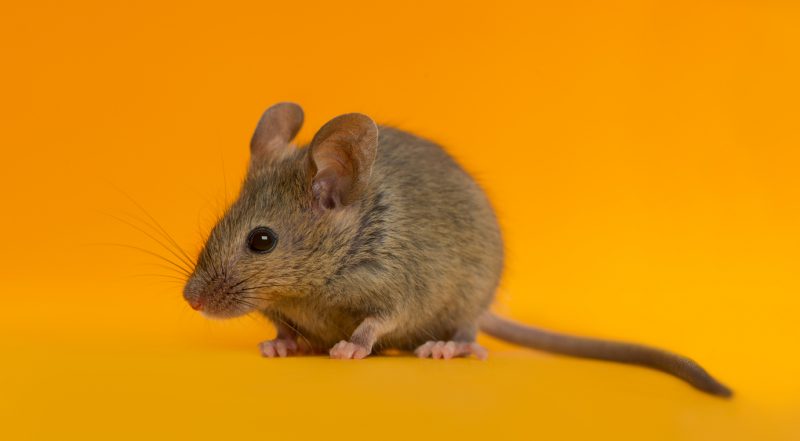Protecting Your Home: What You Need to Know About Rodents
 It’s something that we all hope to never have to deal with in our homes: rodents! Mice and rats can be incredibly destructive if they find their way indoors and unfortunately this can have a significant impact on the value of your home, your health, and your wallet. As we begin to spring clean our properties, it is important that we look for signs of rodents and take preventative measures to avoid an infestation.
It’s something that we all hope to never have to deal with in our homes: rodents! Mice and rats can be incredibly destructive if they find their way indoors and unfortunately this can have a significant impact on the value of your home, your health, and your wallet. As we begin to spring clean our properties, it is important that we look for signs of rodents and take preventative measures to avoid an infestation.
Damage caused by rodents
The damage caused by rodents can be extensive and can have a significant impact on your property value. Even a small mouse problem can have a major impact. “Studies have shown that properties with evidence of previous or current infestations sell for 9% less.” Repairs can be very costly and to make matters worse, most insurance in Canada does not cover for pest damage. Here are just a few examples of what rats and mice can do to a home, sometimes completely unnoticed.
- Tunnel through insulation – Rodents love soft materials to build nests and insulation fits that bill perfectly. If this happens in a home, it can cost thousands of dollars to repair.
- Chewing on wires – Rodents love to chew and if they chew on wires within your home, this may pose a major fire risk. This damage may also cost thousands to repair.
- Mice and Rats are messy and carry many germs – When rodents have been around, they leave an awful trail of excrement around their nests, and everywhere they have eaten. Depending on the surface, this can be very difficult to clean and may require replacement of floors, ceilings, or walls.
The telltale signs that you have rodents
Though sometimes subtle, there are usually signs of a rodent problem around the home. If you know what you are looking for, you can keep an eye out for these signs and should you see any, hopefully catch the problem before the consequences are catastrophic. Here are a few things to keep an eye out for:
- Tracks of dirt and grease marks along the walls
- Small piles of shredded materials in dark spaces
- Small holes in the walls or baseboards
- The small of ammonia, or a musty smell
- Droppings around the home; mouse droppings are roughly the size of a grain of rice, while rats tend be larger like a raisin.
What to do?
If you find signs of rodents within your home, it is highly recommended that you hire a professional to assist you in getting rid of them. Mice procreate at a ridiculous rate so it is highly unlikely that the one mouse you caught in the trap is the only one around! Hire a company that will not only rid you of your current unwanted houseguests, but will also try to find out how they are getting in and resolve that issue for you.
Rodent Prevention:
Here are a few simple measures you can do take help ensure that you don’t end up with a problem.
- Don’t leave doors open for a long period of time and make sure that your weather stripping is in good shape. It only takes a second for a rodent to enter your home. This also includes the interior door from your home to your garage, since garages are notorious for not being well sealed.
- Eliminate things that will draw mice and rats close to the outside of your home. Eliminate water sources such as clogged gutters and avoid hiding spots by cutting back shrubs and raking leaf piles.
- Seal any holes and cracks in your home promptly. Mice only need the tiniest of spaces to get in.
- Remove food sources or move them away from your home. Make sure your garbage cans have lids, move bird feeders away, and seal all food carefully.